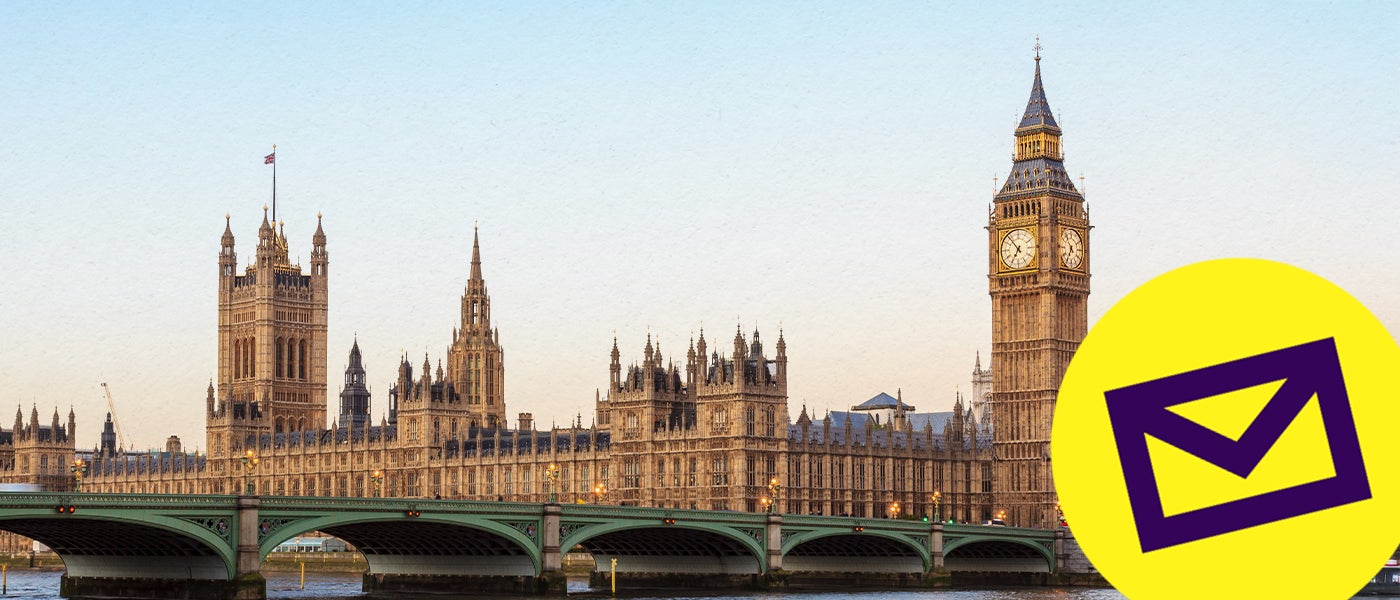- Home
- News and stories
- Disability Charities Consortium issues stark warning to government over benefits cuts
Disability Charities Consortium issues stark warning to government over benefits cuts
Scope, along with fellow members of the Disability Charities Consortium, have sent an open letter to the Chancellor Rachel Reeves and the Secretary of State for Pensions Liz Kendall. The letter warns that plans to cut disability benefits risk increasing poverty among disabled people. It urges the government to pause the plans to allow for a full public consultation.
Dear Chancellor, Secretary of State,
We are writing to share our concerns with the proposals in the Pathways to Work Green Paper and wider reforms to social security, many of which are being rushed through Parliament without meaningful engagement with disabled people.
These proposed changes must be seen in the context of decades of public policy failure on social security, which means successive governments have been unable, or unwilling, to break the cruel and unfair link between disability and poverty.
As you know, disabled people face very high levels of poverty. Scope calculates that, on average, disabled households need an additional £1,010 a month to have the same standard of living as non-disabled households. This is after accounting for benefits like PIP. Furthermore, almost half of households in poverty include a disabled person.
Disabled people are twice as likely as non-disabled people to experience low food security. Research from Sense shows that over 50% of people with complex disabilities in receipt of benefits struggle to afford an essential bill.
The link between disability and poverty is a scourge on our society that the Government should be determined to eradicate. Instead we are deeply concerned that the current proposals will increase levels of poverty amongst disabled households.
We agree that the welfare system needs reform. But reform must be predicated on lifting all disabled people out of poverty whilst providing people with equal life chances.
We are therefore deeply troubled that the Government is bringing forward proposals that would send up to an additional 400,000 disabled people into poverty.
We believe there is still time for the Government to reconsider. To reframe the question and ask itself what it can do to lift disabled people out of poverty.
The fight against disability poverty will require a whole-government approach looking at social care, NHS provision, education, employment, transport, and essentials. This isn’t just about benefits; disabled people need a robust cross-government plan.
The current proposals do not offer the necessary whole-system solution. There has been no analysis of the impact of these cuts on the demand to the NHS, social care, levels of homelessness, or the disability employment gap.
The Office for Budget Responsibility will not even publish its assessment of how the proposals will impact disability employment rates, until after the cuts are to be voted on. And additional investment in employment support is not expected until 2029/30, years after these proposals push many disabled people into poverty. Tackling disability poverty and the disability employment gap will take decisive action, upfront investment in employment programmes, and cross-government solutions now.
In the short-term we are asking you to pause the current process: subject all the measure within the Pathways to Work Green Paper – including the changes to PIP - to a full public consultation. This would allow for the Government to make an honest assessment of the fiscal impact once all knock-on costs have been considered and the impact of change in disability employment rates are known. It would also allow disabled people to be involved in the public policy decisions which will determine their life chances.
The DCC would welcome the opportunity to work with the Government to move forward with a cross-governmental strategy to lift disabled people out of poverty and increase access and take-up of employment programmes focused on disabled people. But we cannot condone a plan that risks condemning more disabled people to a life of poverty.
Signatories:
Mark Hodgkinson, Chief Executive, Scope; Co-chair, Disability Charities Consortium
Diane Lightfoot, Chief Executive, Business Disability Forum; Co-chair, Disability Charities Consortium
Ruth Owen, Chief Executive, Leonard Cheshire
Sarah Hughes, Chief Executive, Mind
Jon Sparkes, Chief Executive, Mencap
Caroline Stevens, Chief Executive, National Autistic Society
Matt Stringer, Chief Executive, Royal National Institute of Blind People
Harriet Oppenheimer, Chief Executive, Royal National Institute for Deaf People
James Watson O’Neill, Chief Executive, Sense


